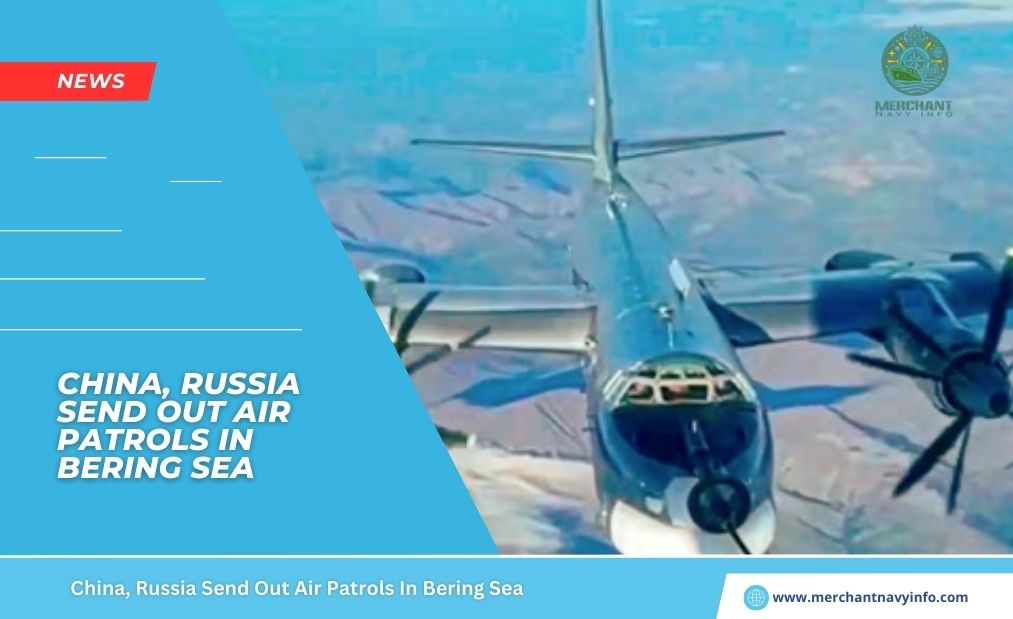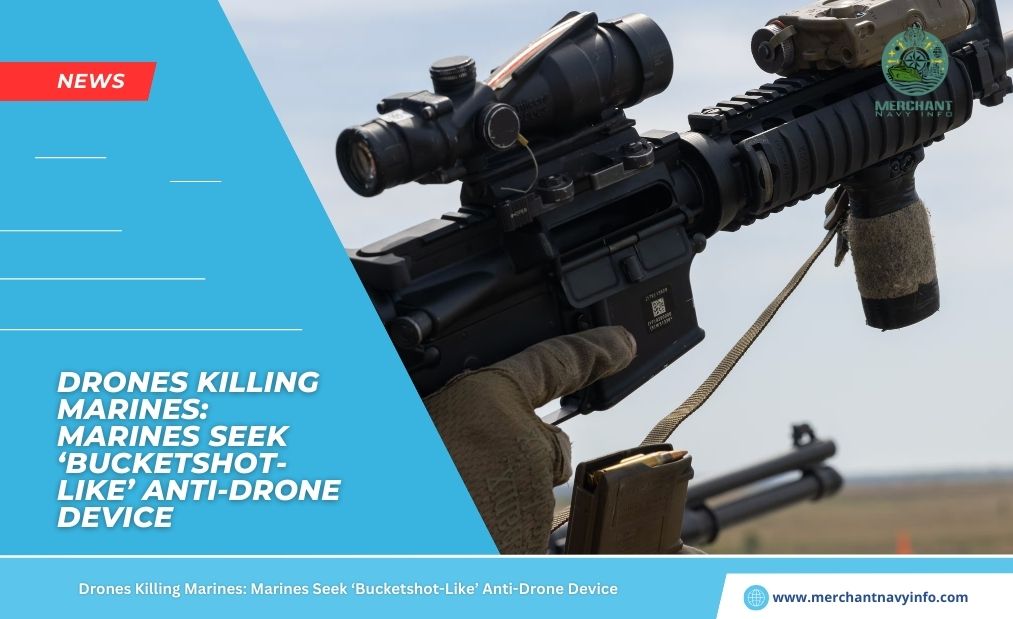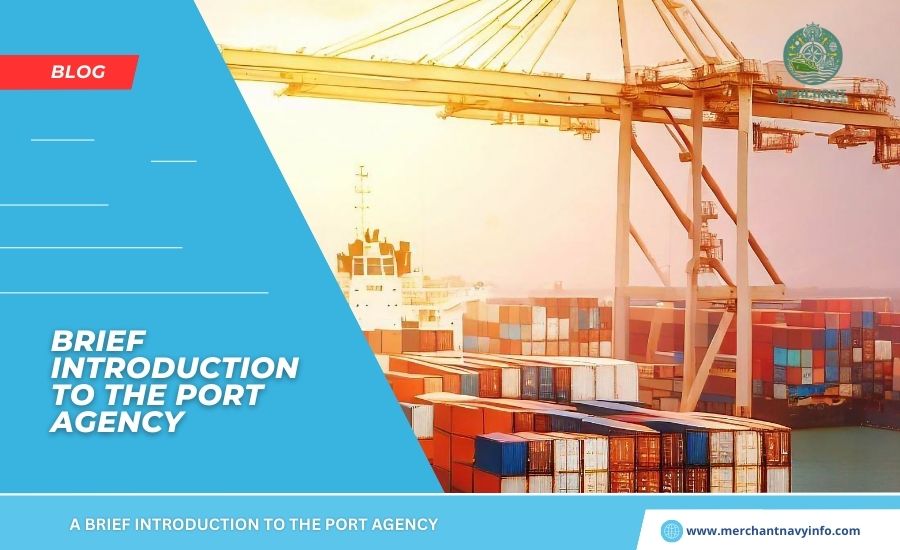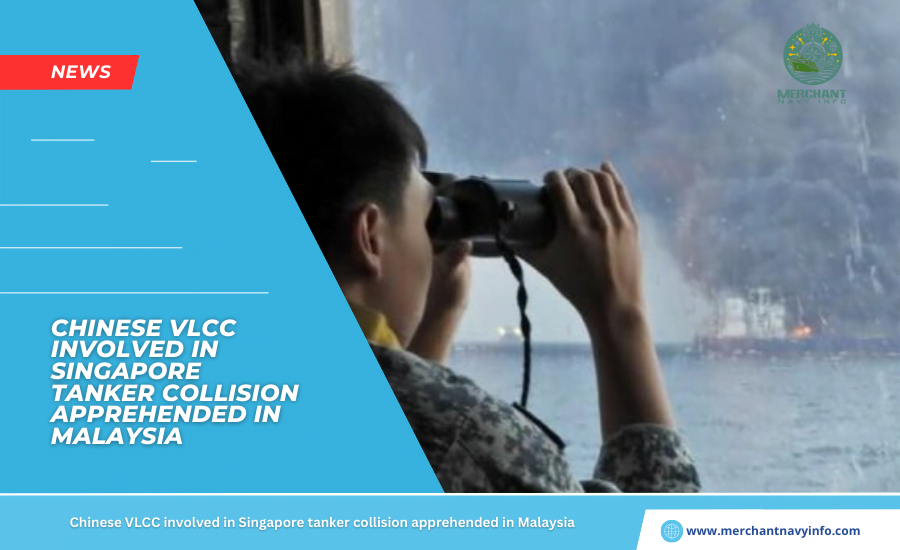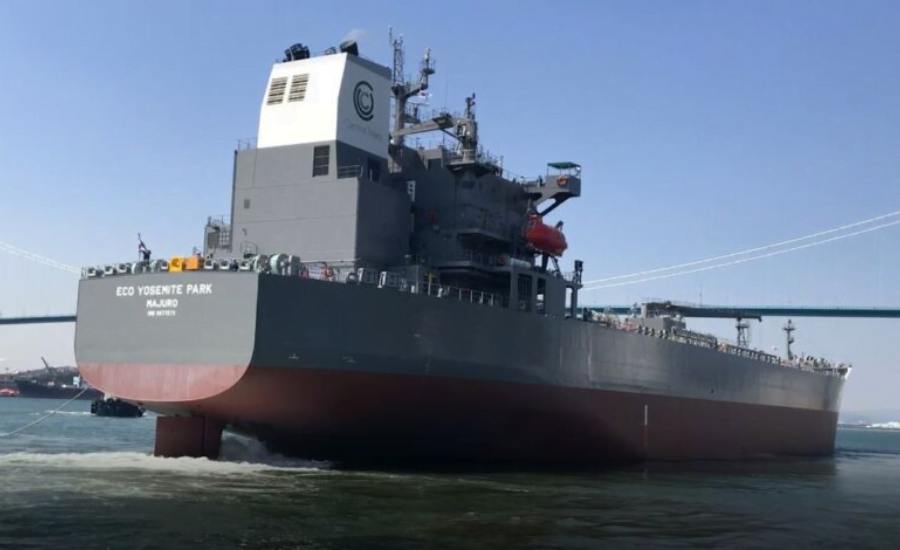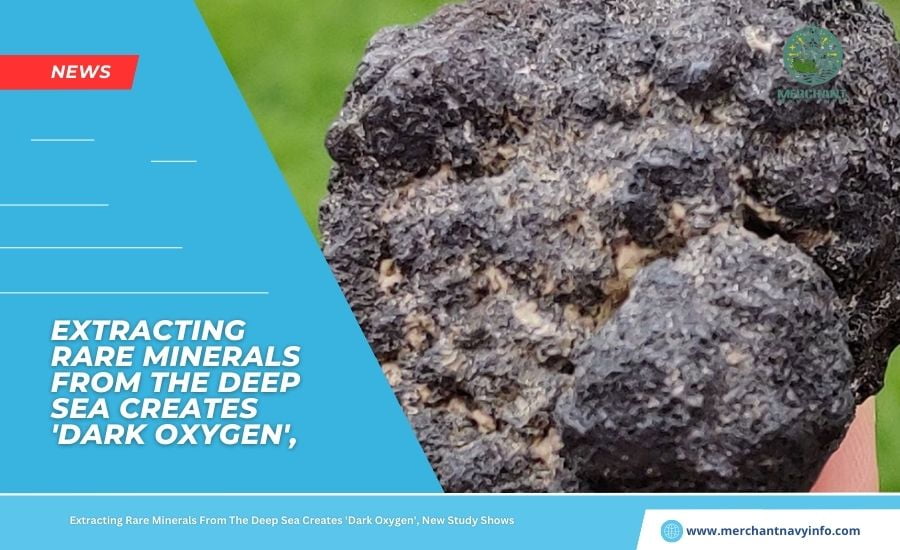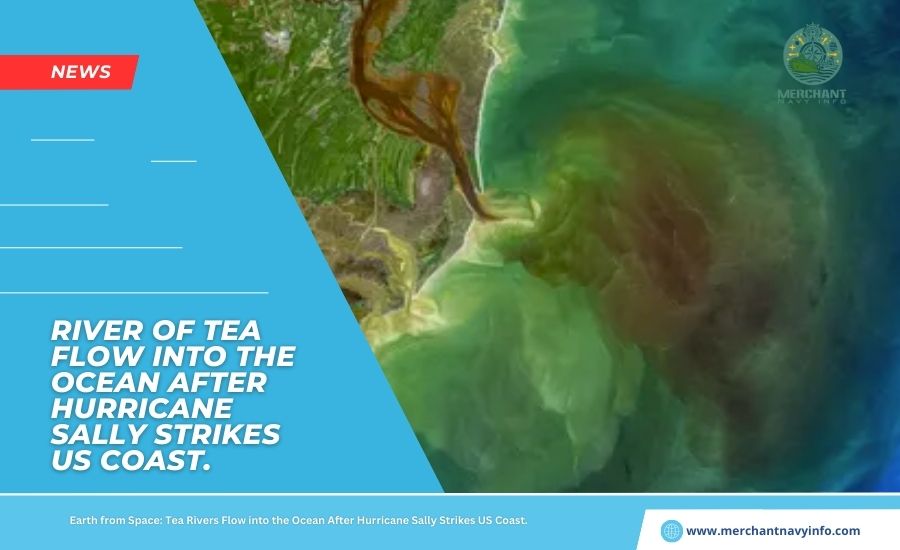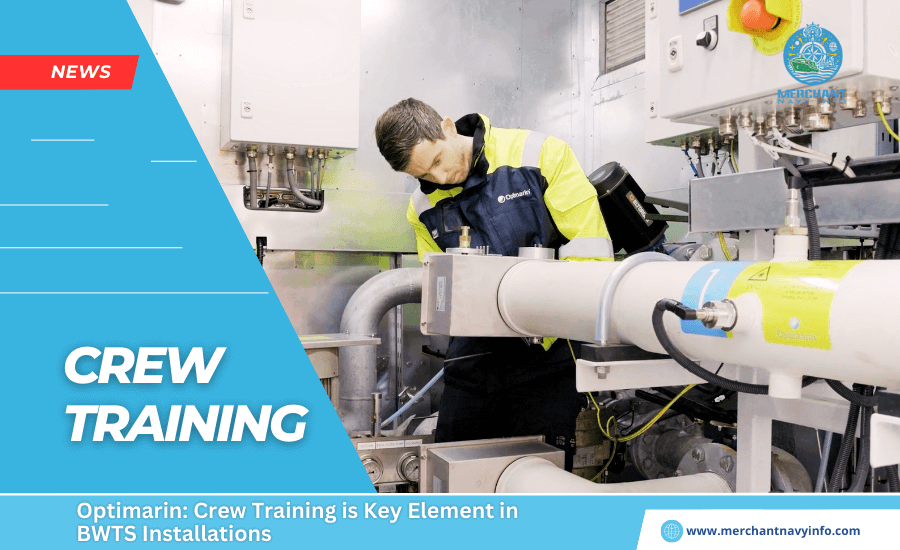
Inappropriate operation of a ballast water treatment system (BWTS) can result in added costs, delays, and obedience issues for shipowners. The Norwegian BWTS supplier Optimarin highlights the significance of crew training in a BWTS installation to ensure smooth-running ballasting operations.
Ballast water treatment is new for shipping, and crew training is still being done about it. It became a regulatory requirement in September 2017 when introduced by the IMO. Ballast Water Management Convention (BWM) entered into force.
All ships must comply with the D2 standard for ballast water discharges by September 2024, according to the BWM Convention. Each vessel must possess a valid Ballast Water Management Certificate, a Ballast Water Management Plan, and a Ballast Water Record Book.
Ballasting operations carry several risks, one of the major ones being the incorrect operation of the ballast water treatment system (BWTS). If the BWTS is not operated correctly, it can lead to environmental damage, resulting in heavy fines from port states. These fines are imposed due to non-compliance with the convention that ships must follow.
Oystein Myhrvold, a System Engineer at Optimarin, explains. In the long run, it is unnecessary to install a BWTS approved by a class to be compliant. As it necessitates crew awareness of various ballast water testing regulations in different parts of the world, such as the US.
Inefficient ballasting can cause expensive delays at port, impacting the shipowner’s voyage schedules and delivery times.
Crew Training Cost Less
Another potential risk factor is wear to BWTS equipment and components due to a lack of operational competence, such as running the pump dry. The need to replace spare parts sooner than expected may arise, which could lead to increased maintenance expenses. Optimarin’s Service Manager, Arne Lund, conducted a test to compare ballast water management on two identically equipped vessels. The test revealed that the vessel had relatively higher maintenance expenses due to poor operation of the BWTS. By properly training the crew, Lund believes significant savings could be made on spare parts and other wares. When the operator understands how the system works and knows the components. They can anticipate and quickly resolve issues, thus allowing the BWTS to run effectively with low maintenance costs over many years.
Optimarin has a training platform that offers technical, operational, and service and maintenance courses. These courses cover all aspects of BWTS components and their functionality and operational and emergency procedures. The courses also cover contingency measures and guide how to maintain the BWTS.
“We are confident this will benefit the user in operating, servicing and troubleshooting the BWTS. Avoid damage to equipment and decrease system downtime,” Myhrvold says.
Optimarin’s experts have concluded that incorporating crew training during the planning phase can easily avoid many issues encountered with newly installed systems. Furthermore, it is an ongoing process to ensure that the crew has the necessary knowledge during service visits to minimize the need for maintenance.
Myhrvold has stated that there is now a greater awareness in the industry about the importance of expertise in ballast water treatment. There is an increased focus among ship management. Also, the staff is trained in both the technical and functional aspects of a BWTS.


